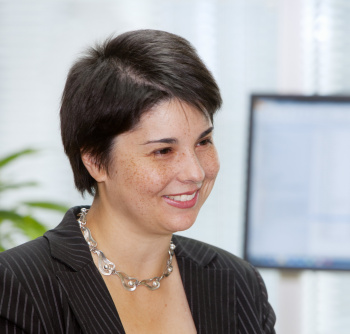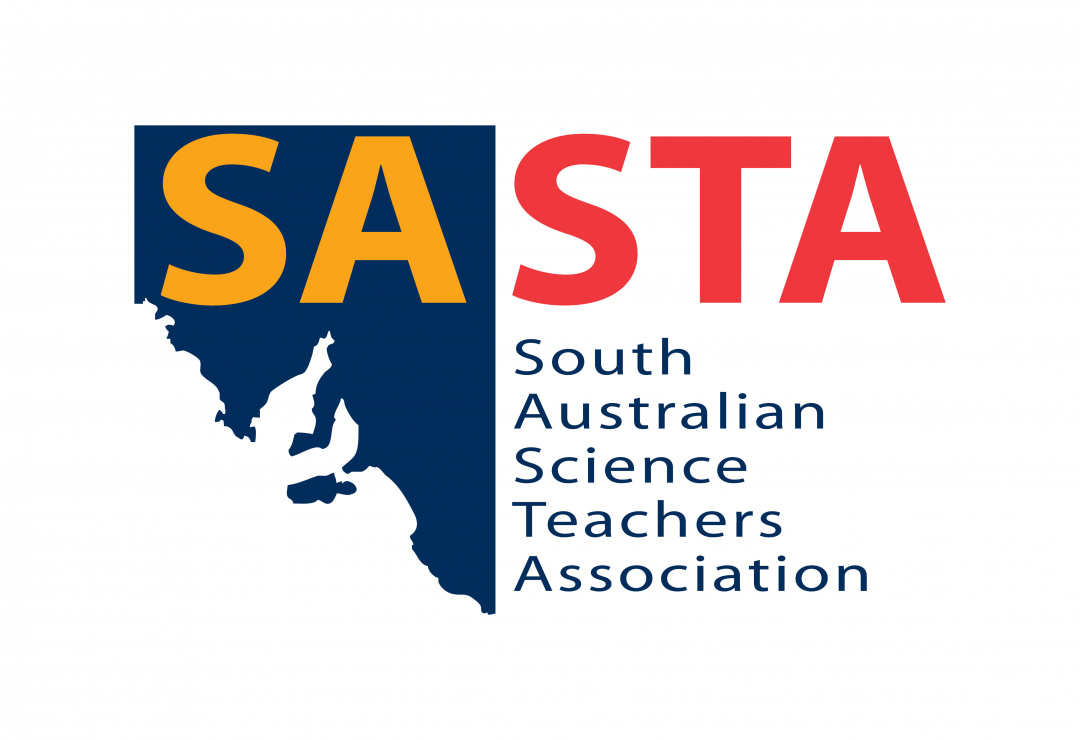Posted by Oliphant Science Awards
on 05/04/2021

by Kyra Reznikov
BE(Chem)(1st class Hons) LLB(with Hons)
I have always liked solving puzzles and been curious about the world around me. I think that’s why I enjoy science, and it’s certainly why I love my job so much. Today I’m an environmental lawyer, and I wouldn’t be where I am without my training in science and engineering.
My first entry in the Oliphant Science Awards won second prize in Years 8-9 Experiments. The next year I won first prize in that category. I submitted my third experiment in Year 11 in 1995, and that project, called “Breaking Down Proteins”, won first prize in Years 10-12 Experiments, the RACI Chemistry Prize, the Soroptimist International of SA Prize, first prize for Senior Girls and the Oliphant Trophy. It also won the Chemistry and Biochemistry Prize at the BHP Science Awards.
“Breaking Down Proteins” was inspired by a concept that fascinated me, which was meat-eating plants. My experiment looked at protein-digesting enzymes (called proteases) that are found in fruit including papaya and pineapple and used in meat tenderising powder sold in supermarkets. I demonstrated the digestive effect of these proteases by turning egg white to a colourless liquid. One of my findings was that kiwifruit juice was more effective at breaking down protein than the commercial meat tenderiser. The whole experiment was done in my kitchen at home.

In Year 12 at Annesley College, I studied Mathematics 1 and 2, Physics, Chemistry and English Studies. At the end of Year 12 I won a scholarship from Comalco (part of the Rio Tinto Group) which was intended to encourage girls with problem solving and leadership skills to study Science or Engineering at University. Part of the scholarship package was the opportunity to have summer jobs at Comalco aluminium smelters.
I chose to study a double degree of Chemical Engineering and Law at the University of Adelaide.
During my first summer at University, I worked at the Comalco Bell Bay aluminium smelter in Tasmania in the manufacturing plant where the molten aluminium is poured into moulds and cooled to produce ingots. I worked on a rotating day and night shift, driving forklifts, monitoring the furnaces, strapping stacks of ingots with a robot and manually scraping dross (oxidised aluminium scum) from the tops of solidifying ingots as they slid past me on a conveyor belt.
Over later summers I worked at the Comalco Boyne Island aluminium smelter in Queensland, the Port Stanvac oil refinery and the South Australian Environment Protection Authority. Each job gave me hands-on experience of what it was like to actually operate machinery, follow operating procedures and put environmental and health and safety policies into practice. Those experiences still shape how I do my job today. Together with the skills I learned in science and engineering about how to approach a problem systematically, think critically and draw conclusions based on evidence, they make me a better lawyer.
I remember one day in Law School when I received a top mark for an assignment. The lecturer said it was the best approach to the question he had ever seen, and asked me how I had thought to structure my analysis the way that I did. The simple answer was that it was what my science teachers had taught me to do!
Towards the end of University, I spent a semester on exchange in New York at a law school that specialised in environmental law. Five days later I started as the Environment law clerk at Finlaysons Lawyers in Adelaide. That was January 2003, and eighteen years later I am still at Finlaysons, and have been head of the Environment and Planning practice since 2012.
My clients are developing mines, wind farms and hybrid renewable energy projects, making wine, building new housing, cleaning up historical pollution and providing various other products and services to the community. I help them understand their legal obligations, navigate through approvals processes and manage their risks. My technical background helps me understand what they do and how the law applies to them. I speak the languages of science and law. I wouldn’t have it any other way.
 |
 |
In this Section
Archive
- February 2026
- January 2026
- December 2025
- November 2025
- October 2025
- September 2025
- August 2025
- July 2025
- June 2025
- May 2025
- April 2025
- March 2025
- February 2025
- January 2025
- December 2024
- November 2024
- October 2024
- September 2024
- August 2024
- July 2024
- June 2024
- May 2024
- April 2024
- March 2024
- February 2024
- December 2023
- November 2023
- October 2023
- September 2023
- July 2023
- June 2023
- May 2023
- April 2023
- March 2023
- February 2023
- January 2023
- December 2022
- November 2022
- October 2022
- August 2022
- July 2022
- June 2022
- May 2022
- April 2022
- March 2022
- February 2022
- January 2022
- December 2021
- November 2021
- October 2021
- September 2021
- August 2021
- July 2021
- June 2021
- May 2021
- April 2021
- March 2021
- February 2021
- January 2021
- December 2020
- November 2020
- October 2020
- September 2020
- August 2020
- July 2020
- June 2020
- May 2020
- April 2020
- October 2018
- September 2018
- August 2018
- July 2018

